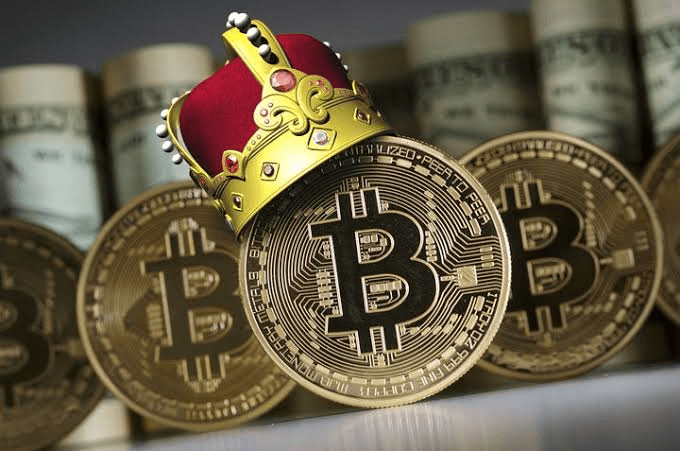The idea that Bitcoin can "dominate the world" is a topic that generates heated debates, with arguments both for and against. Let's explore this issue based on the information available in the research results:
### 1. Proposal for economic dominance through state acquisition
- Michael Saylor, founder of Strategy, proposed that the US government acquire between 5% and 25% of the entire Bitcoin supply by 2035, as part of a strategy to dominate the global economy in the 21st century.
- This strategic reserve could generate trillions of dollars annually and alleviate the national debt of the US, according to its calculations.
- President Donald Trump has shown interest in cryptocurrencies, signing a decree to create a digital currency reserve.
### 2. Bitcoin as a possible substitute for the dollar
- Elon Musk and other experts believe that Bitcoin could replace the dollar as the global reserve currency, especially if the US does not control its public spending.
- The high institutional demand and the monetary rigidity of Bitcoin (limited to 21 million units) make it an attractive alternative in a scenario of inflation and rising debt.
### 3. Institutional growth and regulatory adoption
- The cryptocurrency market surpassed $4 trillion in value, driven by Bitcoin's surge and regulatory advances in the US, such as the approval of the "Genius Act."
- Bitcoin ETFs have already accumulated $135 billion in deposits, signaling strong interest from traditional investors.
- Trump has promoted pro-crypto policies, including opening the retirement market ($9 trillion) to cryptoassets.
### 4. Challenges and limitations
- Volatility and usability: Bitcoin is still not widely used for everyday transactions due to high fees and price fluctuations.
- Environmental impact: Mining consumes 2.3% of US energy and generates noise and air pollution, causing resistance in rural communities.
- Competition: Stablecoins like Tether dominate 75% of daily trading volume, showing that other digital assets have more immediate utility.
### 5. Future prospects
- Experts compare Bitcoin to historical stores of value (like the dollar) and argue that, after 16 years, it is still in the early adoption phase.
- Its value may continue to rise due to scarcity (halving reduces issuance by half every 4 years) and institutional demand.
- However, its "dominance" depends on factors such as global regulation, scalability, and acceptance as a means of payment.
### Conclusion
Although Bitcoin has the potential to become a dominant economic force—especially as a store of value—its "global dominance" faces practical obstacles and competition from other digital assets. Its future will depend on how governments, institutions, and society balance its advantages (decentralization, scarcity) with challenges (regulation, environmental impact).
For more detailed analyses, you can explore the cited articles, such as Saylor's proposal, Musk's criticisms, or market growth.